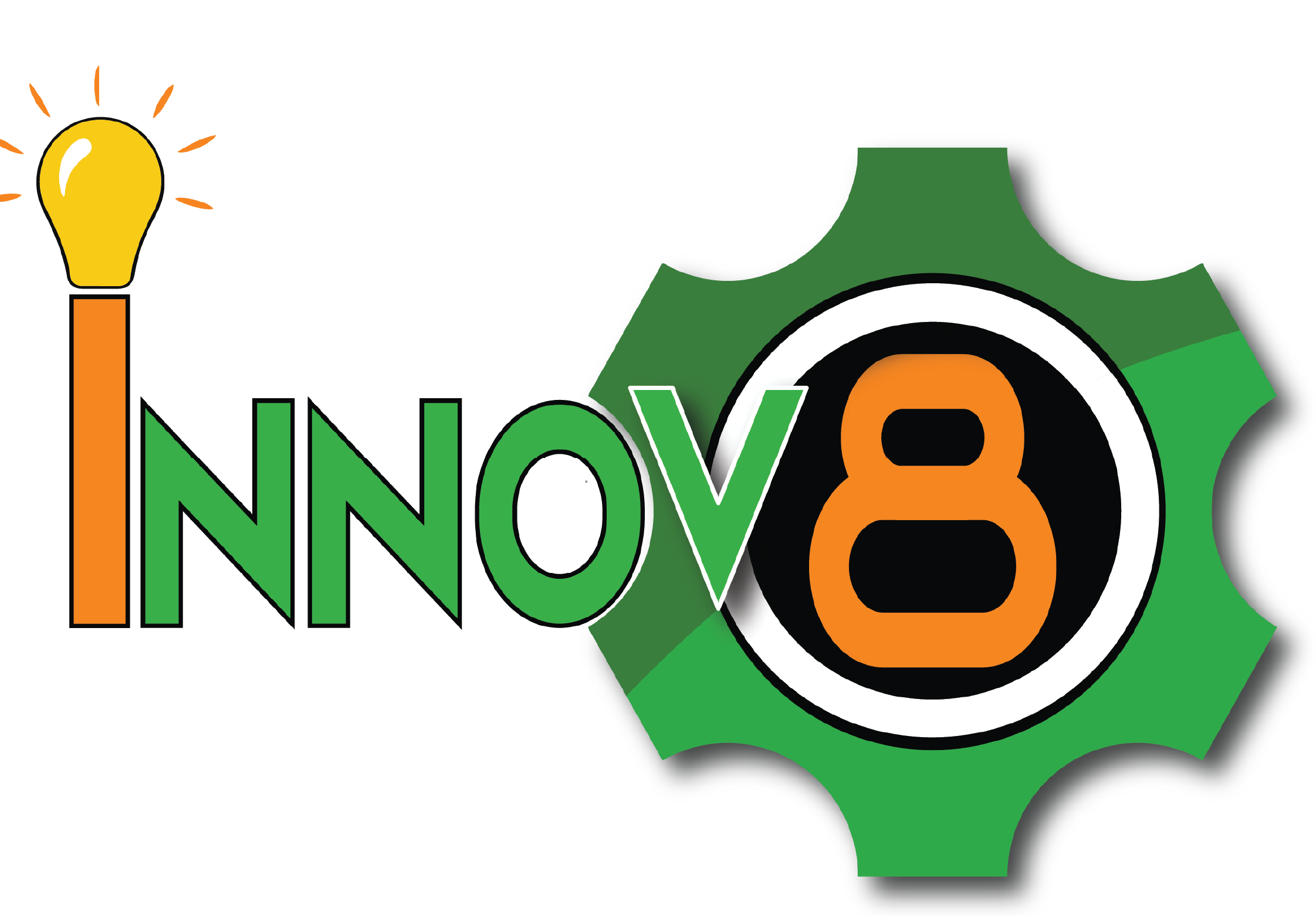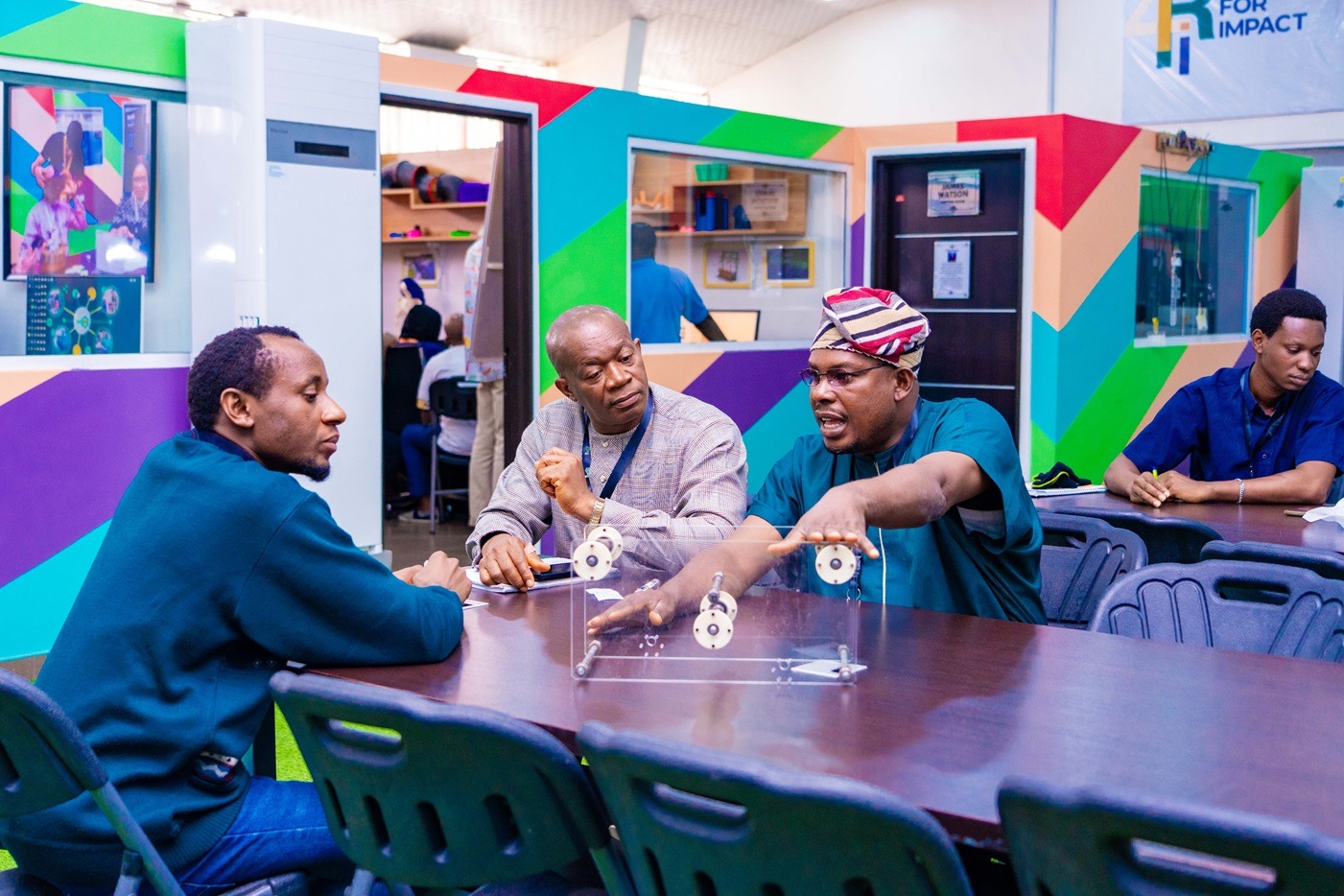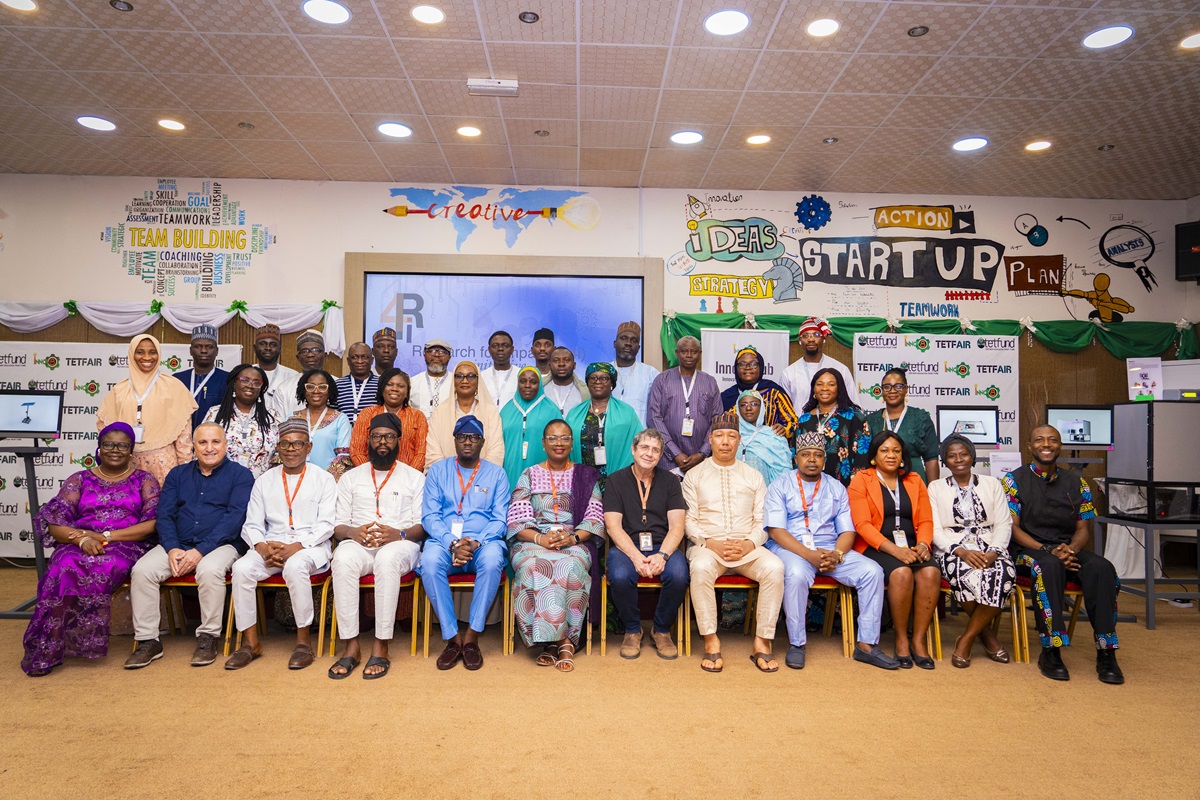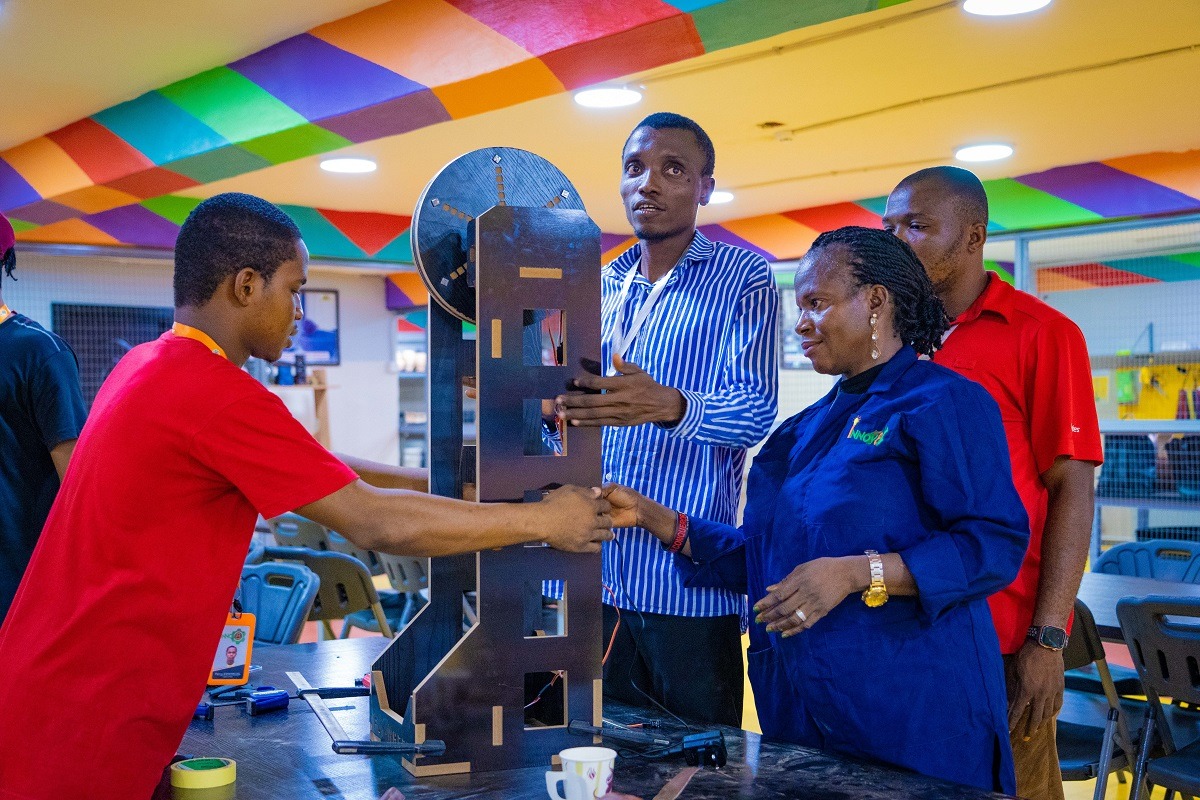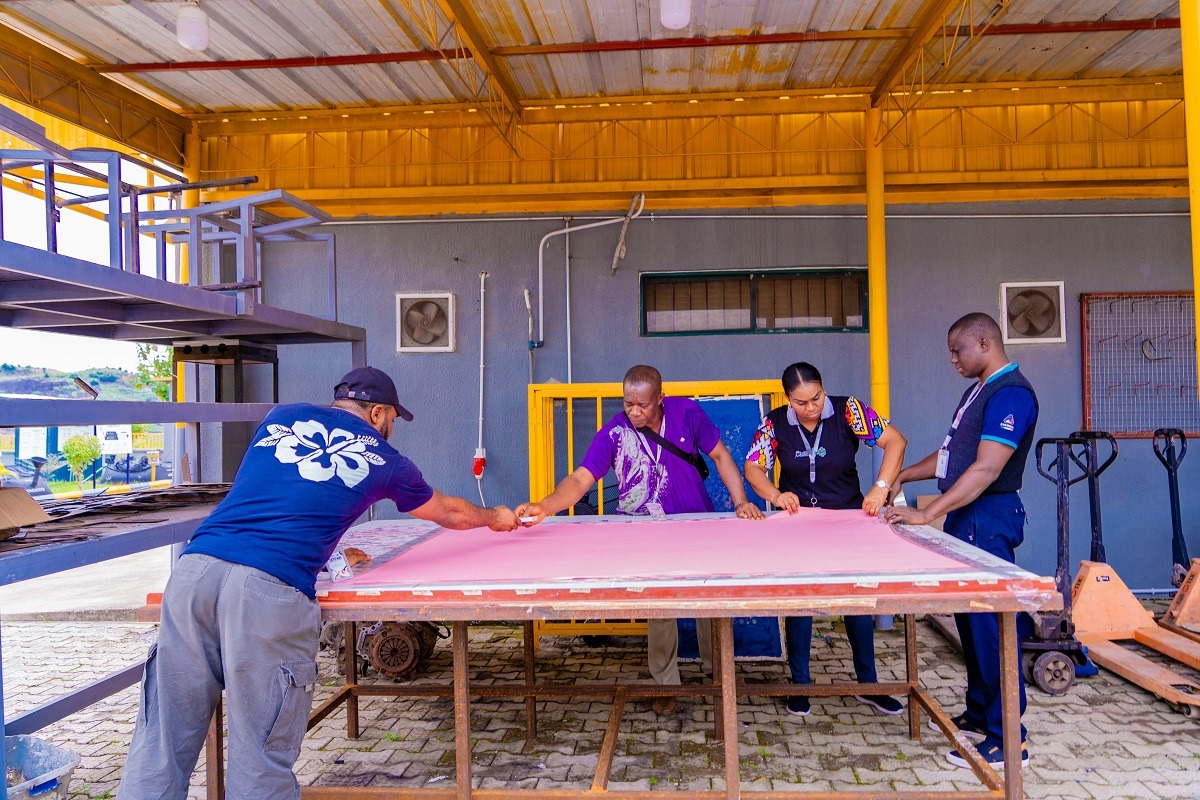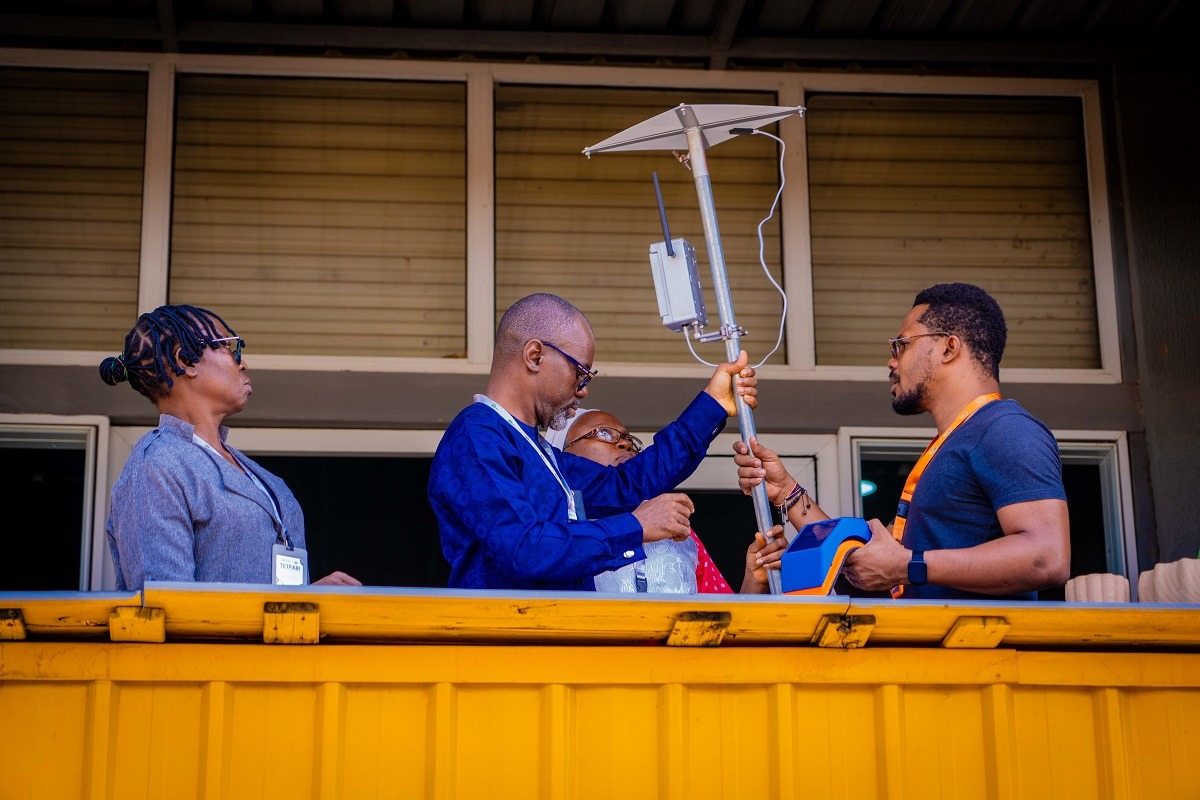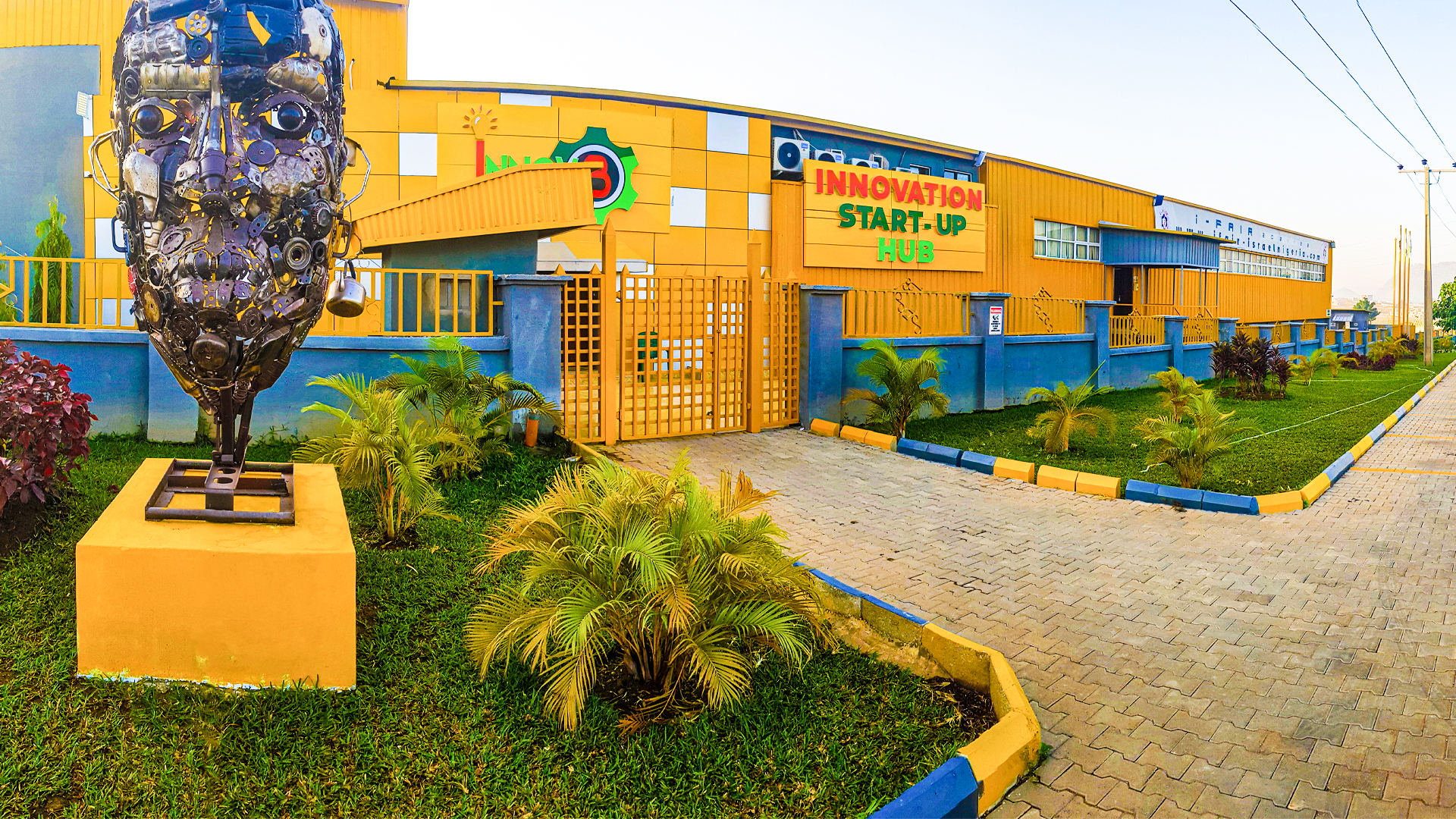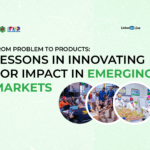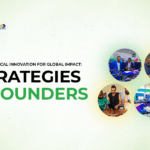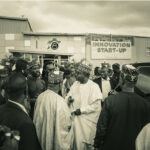The TETFund Alliance for Innovative Research (TETFAIR) program continues its fourth edition, and things are getting exciting! Following successful phases in market validation, business modeling, and high-level design, TETFAIR 4 has arrived at the initial Prototype Development Bootcamp stage at Innov8 Hub. TETFAIR 4 brings together brilliant minds from universities across Nigeria. Selected based on their innovative ideas, these participants
Tag: Nigeria
R4i: Accelerating Innovation through Research & Development
Imagine a world where academic brilliance translates into impactful solutions for real-world problems. This transformative vision lies at the heart of the Research for Impact (R4i) initiative. R4i is a collaborative effort of TETFund and Innov8 Hub that empowers Nigerian academics to become agents of change.
Exploring the Future of Food: Edible Insects as a Sustainable Delicacy (TETFAIR STORIES)
TETFAIR STORIES: Introduction TETFAIR STORIES: In recent years, the global spotlight has turned towards a unique and eco-friendly food source – edible insects. These tiny creatures are emerging as a viable solution to both food security concerns and malnutrition issues, particularly in countries like Nigeria. Amidst these challenges, the TETFAIR initiative has been at the forefront of pioneering change, specifically
Empowering Education through Innovative Solutions: The Flywheel Educational Kit (TETFAIR)
Introduction TETFAIR STORIES: TETFAIR is driven by a vision to bridge educational gaps and foster practical learning experiences in Nigerian institutions. One prominent challenge that plagues many educational setups is the scarcity of suitable laboratory equipment for hands-on physics and mechanical engineering experiments. This scarcity undermines students’ learning experiences, depriving them of essential practical insights. Specifically, the absence of modern
TETFAIR STORIES: Revolutionizing Nigerian Textile Cottage Industries: (TEAM 11)
TETFAIR STORIES TEAM 11: Introduction In Nigeria, the growth of small and medium-scale textile cottage industries is stifled by archaic drying and curing methods, resulting in inefficient production, inconsistent quality, and escalated costs. The absence of suitable automated textile printing dryers, capable of thriving under local conditions and erratic power supply, compounds these issues. The urgency to develop an automated
TETFAIR Stories: Innovation on Track with NIMTrack
Introduction In the vast landscape of Nigeria, where agriculture is not just a way of life but a backbone of the economy, farmers face a unique set of challenges. From the heart of this bustling agricultural sphere emerges a visionary solution that promises to transform animal management – NIMTrack, a wireless network-based system developed by TEAM 4 from TETFAIR. The
Innov8 Hub Celebrates International Day of Zero Waste
The United Nations General Assembly in 2022 passed a resolution to proclaim the 30th of March as the International Day of Zero Waste every year. Today marks the first celebration of International Day of Zero Waste. The day highlights the need to minimize and manage waste in an environmentally sustainable manner. This year’s theme, “Achieving sustainable and environmentally sound practices
Research For Impact Workshop Comes To Close At Innov8 Hub
The Research for Impact workshop 3.1, initiated by TETFund in collaboration with Innov8 Hub, came to an end on the 18th of November, 2022. Over an 11-day period, members of academia from different Polytechnics across Nigeria, were participants in the workshop. These lecturers went through the holistic process of turning research into prototype development over the duration of their stay.
Research for Impact Workshop 3.1 Commences
18 academics and researchers from polytechnics across Nigeria commenced the second batch of the Research for Impact (R4i) capacity-building initiative of TETFUND, in collaboration with Innov8 Hub, on the 14th of November, 2022. At the opening session, the General Manager of Innov8 Hub gave a brief welcome address, urging participants to be involved in every stage of their innovation, research,
Six Quick Tips to Overcome the Fear of Public Speaking
Being tense during a public speaking event affects the way the message is going to be passed or the quantity of the message. Fearful presenters frequently try to avoid the audience in the hopes that this would reduce their level of anxiety.
